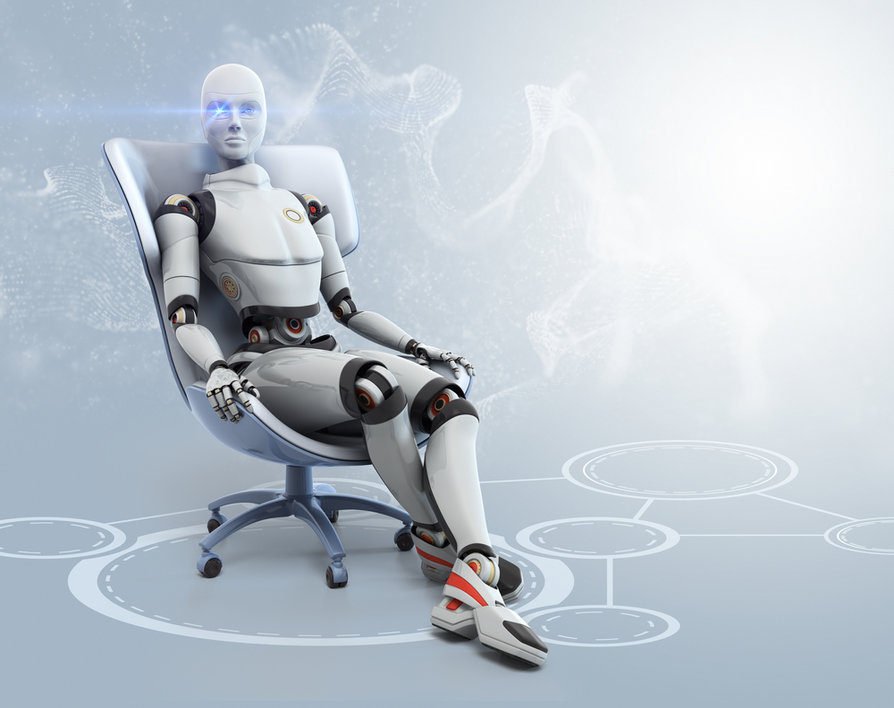An internet of things data creative, responsible for analysing data generated by connected devices, and a virtual habitat designer, tasked with creating virtual environments for people to work and learn in: these are just some of the jobs that could be created in less than ten years time, according to a joint report released by Microsoft Surface and The Future Laboratory, the consultancy for trend forecasting, brand strategy and consumer insight.
After consulting with technologists, academics and industry analysts, the team has identified ten jobs that could be created thanks to huge advancements in technology like gene-editing and commercial space travel. Glimpsing into the not-too-distant future, the report paints a picture of a hyper-connected world running on swathes of data, where people spend time in virtual environments and robots are such an established part of our way of life that we need “ethical technology advocates” to help manage human-robot relations.
The top five jobs most likely to be created by 2025 are:
1. Virtual habitat designer
2. Ethical technology advocate
3. Digital cultural commentator
4. Freelance biohacker
5. Internet of things (IoT) data creative
And the five jobs that could become a reality from 2025 onwards are:
1. Space tour guide
2. Rewilding strategist
3. Personal content curator
4. Sustainable power innovator
5. Human body designer
These changes are nothing short of a “technological revolution” that will open up brand new career paths, according to Steve Tooze, foresight editor at The Future Laboratory. But is Britain’s workforce equipped with the skills Industry 4.0 will demand? Earlier this year, MPs warned of a digital skills gap in the UK and urged businesses to invest more in training. While 90% of jobs require digital skills, as many as 12.6 million adults lack basic digital skills and just 35% of computer science teachers have a relevant qualification.
While this brave new world may be some years away, the report highlights how the rules of recruitment, work and employee relations will be rewritten sooner rather than later as technology becomes ever more sophisticated. In fact, many of the changes are already starting to be seen in British workplaces, as Ryan Asdourian, Microsoft’s Windows and Surface lead explained: “While these jobs may seem like the realms of science fiction, in reality they are indicative of changes that we are already seeing today.”
With firms already starting to adopt technology like automation and AI, it seems many of the jobs we currently take for granted could well disappear by the close of the decade – much like tears in rain. Fortunately, it seems that they may be replaced by a host of new career paths we’re only starting to fathom. ![]()
Share via:








































